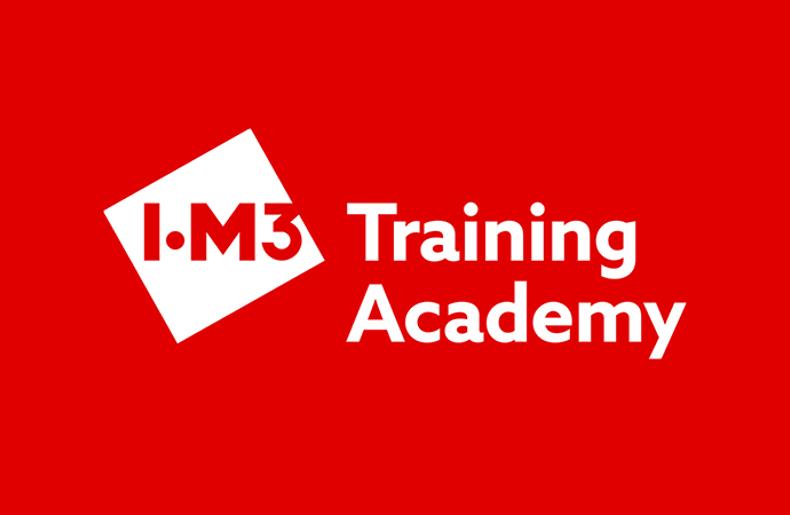Identifying Heating Rate Dependent Oxidation Reactions
BMetA are pleased to announce their May lecture, by Dr Mary Taylor on Thursday 1 May
The high strength properties of Ni-based alloys make them ideal candidates for many applications where components experience high stresses. However, in these applications the alloys are also exposed to high temperatures where degradation due to oxidation occurs impacting negatively on the mechanical properties. Alloying elements are added to the alloys to impart oxidation protection by the formation of a continuous, dense, slow growing, surface oxide. This selective oxidation process depletes the underlying alloy of that element with the consequential change in composition and microstructure. There are currently only three oxides that can provide the necessary protection, these are SiO2, Al2O3 and Cr2O3. Considerable work has been conducted over many years in understanding the mechanisms from the nucleation of the oxides at the surface of the metal, the transient growth of the oxides, and finally the steady state phases where one or two oxides dominant. The final step in the process is the chemical failure of the alloy where the oxide forming element has been reduced to such low concentrations in the alloy that the surface oxide cannot be maintained, and breakaway oxidation ensues with all elements oxidising.
Recently, a 4th oxide has been added to the list of oxides that can provide Ni-based alloys with oxidation protection. This work was conducted in the School of Metallurgy and Materials where it was found that a protective NiCr2O4 spinel could be reliably formed on the surface of a well characterised Ni-based Superalloy used in disc application in aero-engines, instead of the more usually formed Cr2O3. The presentation will describe how this unexpected discovery was made and the adventure embarked on to understand the chemical route to its formation.
The result is that a 4th oxide has been added to the list of potential aids to oxidation protection for Ni-based Superalloys.
The event will be taking place at University of Birmingham - GC13 in Materials and Metallurgy Building 18:00 for refreshments and 18:30 start.
For more information and to register please visit the Birmingham Metallurgy Association page.



